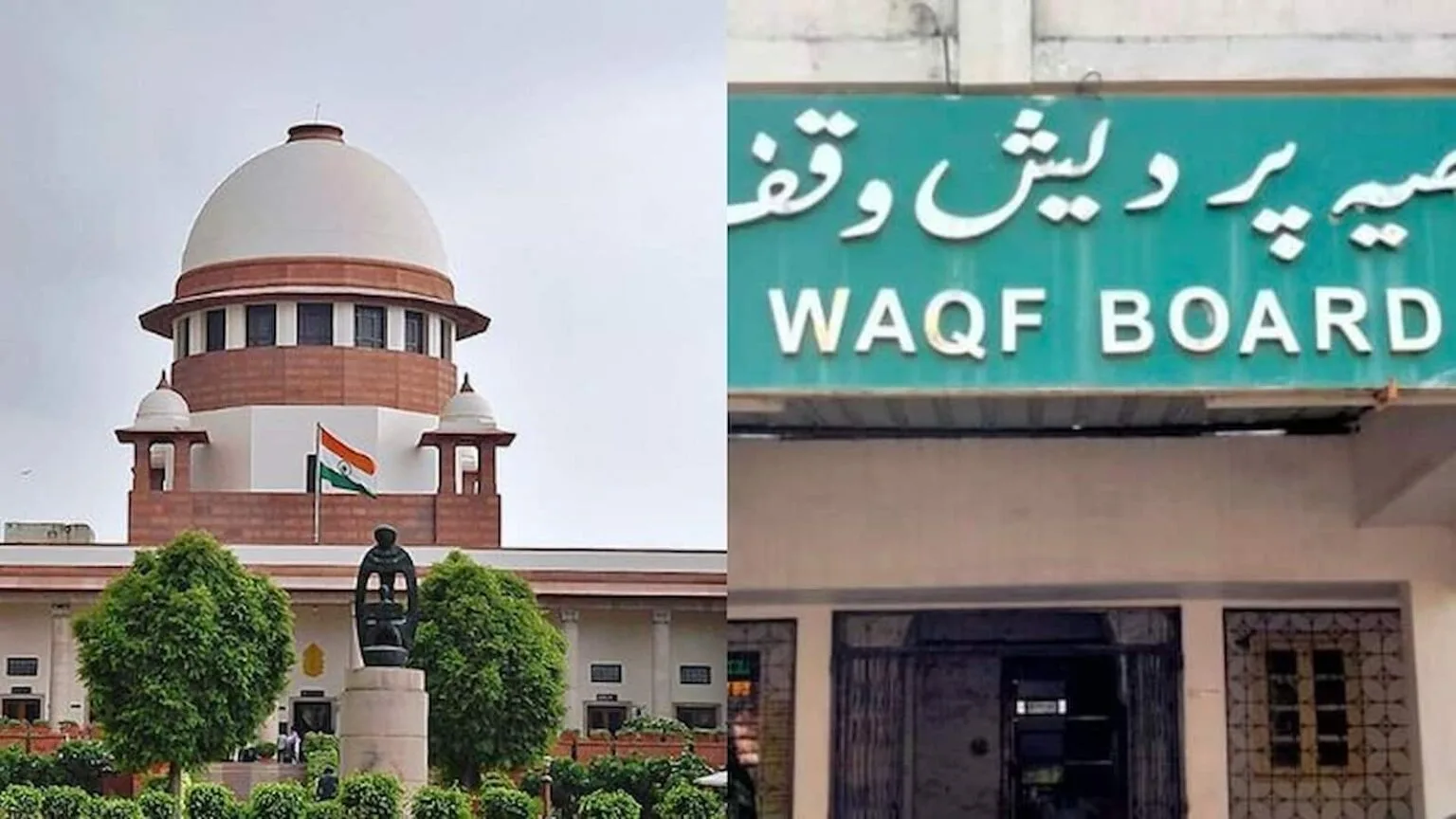The Supreme Court on Thursday put a partial hold on the implementation of the recently amended Waqf Act, signaling a cautious approach while examining challenges against it.
A bench led by Chief Justice Sanjiv Khanna, along with Justices Sanjay Kumar and K.V. Viswanathan, extracted a clear assurance from the Union government: no non-Muslim appointments will be made to the Central Waqf Council or state Waqf boards, and no properties marked as waqf by user will be de-notified until further notice.
The court gave the Centre seven days to file its detailed response to the petitions challenging the constitutional validity of the law. Petitioners will have five days after that to file their rejoinders. The next hearing is scheduled for May 5.
“We don’t want the situation to change,” CJI Khanna observed during the hearing, indicating the court’s intent to preserve the status quo regarding Waqf properties. “There are provisions like the five-year practice of Islam requirement which we are not staying,” he clarified, referring to the new condition in the law that a person must be a practising Muslim for at least five years to create a waqf.
Solicitor General Tushar Mehta, appearing for the Centre, pushed back against any stay, stating, “The court should not take a serious and harsh step by indirectly staying the Waqf Amendment Act.” However, he assured the court that certain contentious provisions would not be implemented until the matter is heard in full.
The Supreme Court’s interim order effectively means that, for now, the nature and management of Waqf properties across the country cannot be altered under the new rules — offering a temporary sigh of relief to those who raised concerns about the sweeping changes.





























































